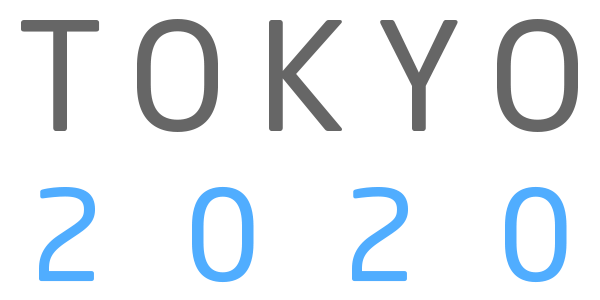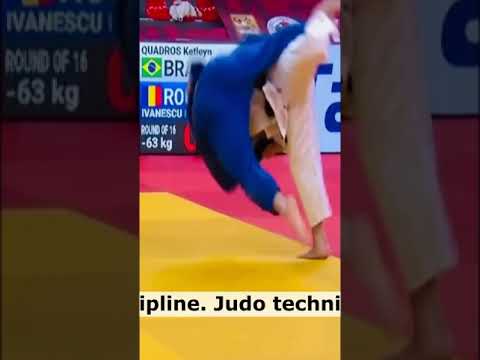The Art and Discipline of Judo
Judo, meaning “the gentle way” in Japanese, is a modern martial art and Olympic sport that emphasizes skill, strategy, and mental discipline. Developed by Jigoro Kano in 1882, judo has grown into a globally practiced sport known for its principles of balance, efficiency, and respect.
Origins and Philosophy
Jigoro Kano created judo by refining traditional Japanese jujutsu techniques and introducing a systematic approach to training and competition. He emphasized the principles of “maximum efficiency with minimum effort” (Seiryoku Zenyo) and “mutual welfare and benefit” (Jita Kyoei), which highlight the importance of using one’s energy efficiently and fostering mutual respect and cooperation.
Techniques and Practice
Judo techniques are divided into two main categories: tachi-waza (standing techniques) and ne-waza (ground techniques).
Tachi-waza: This includes various throwing techniques designed to unbalance and project the opponent onto the ground. Key throws like ippon seoi nage (one-arm shoulder throw) and o soto gari (major outer reap) are central to judo practice.
Ne-waza: These ground techniques involve pins, joint locks, and strangles. Techniques such as kesa gatame (scarf hold) and juji gatame (cross arm lock) are used to control or submit an opponent on the mat.
Training in judo involves randori (free practice), kata (pre-arranged forms), and shiai (competition). These elements help judokas develop their skills, timing, and physical conditioning.
Global Impact and Competitive Success
Since its inclusion in the Tokyo Olympics in 1964, judo has grown in popularity worldwide, with millions of practitioners and a strong presence in international competitions. The International Judo Federation (IJF) governs the sport, organizing events such as the World Judo Championships and the Judo World Tour.
Judo has produced legendary athletes like Japan’s Tadahiro Nomura, the only judoka to win three Olympic gold medals, and France’s Teddy Riner, a ten-time world champion and two-time Olympic gold medalist. These athletes exemplify the highest levels of skill, discipline, and competitive spirit.
Values and Benefits
Judo is not only a physical activity but also a way to develop character and life skills. Practitioners learn respect, humility, and perseverance, which are integral to both judo and everyday life. The sport promotes physical fitness, mental resilience, and strategic thinking, making it a holistic discipline that benefits individuals of all ages.
Conclusion
Judo is a dynamic and profound martial art that blends physical prowess with philosophical principles. Its emphasis on efficiency, mutual respect, and personal growth makes it a unique and enriching practice. As judo continues to grow globally, it remains a testament to the enduring appeal and relevance of Kano’s vision, inspiring new generations of judokas to embrace the gentle way.


JP2021.COM - Tokyo Olympics 2020.